Department Of Medicine
-
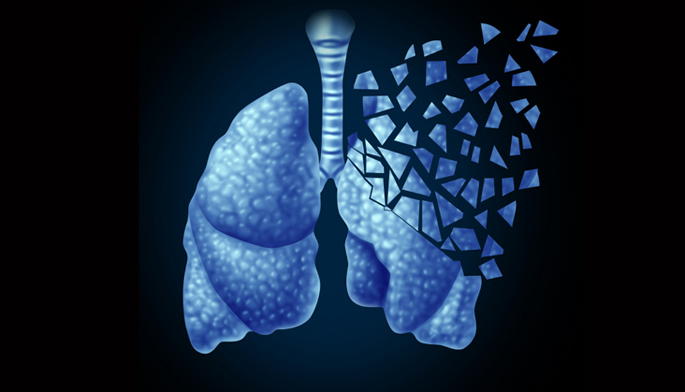
New direction for treating lung cancer
Targeting the production of molecules that promote tumor blood vessel development offers a new path for treating lung cancer. Read MoreFeb 7, 2014
-

Human and Helicobacter co-evolution
by Denise Anthony (iStock) A Vanderbilt University-led research team has solved a long-standing riddle: Why do people of mostly Amerindian ancestry in the Andes have a gastric cancer rate that is 25 times higher than that of fellow Colombians of mostly African descent only 124 miles away on the coast?… Read MoreJan 23, 2014
-

HIV’s impact on B cells
Understanding how HIV infection affects immune system B cells may guide strategies for vaccine development. Read MoreJan 15, 2014
-
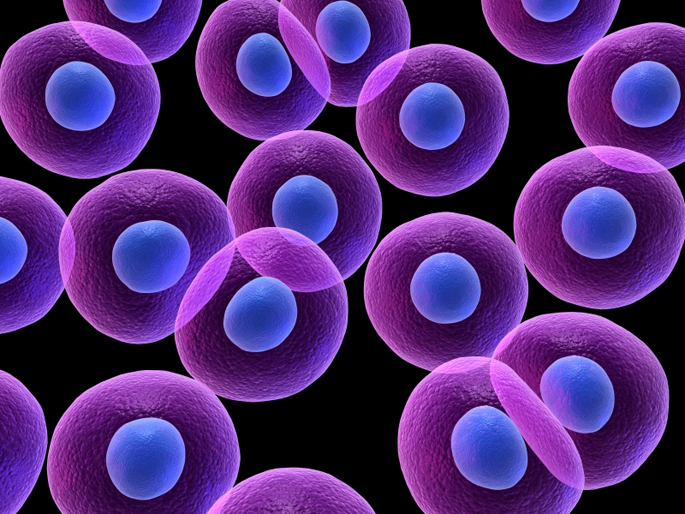
Searching for beta cell stimulators
Vanderbilt researchers describe a new technique for identifying factors that stimulate the proliferation of pancreatic beta cells – factors that might offer therapeutic options for diabetes. Read MoreJan 13, 2014
-
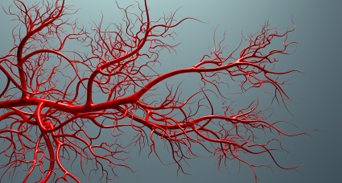
Targeting tumor “supply lines”
A metabolic enzyme plays a crucial role in vascular development and may be a good target for cancer therapies. Read MoreDec 18, 2013
-

Aronoff to lead Division of Infectious Diseases
David Aronoff, M.D., has been named the new director of Vanderbilt University Medical Center’s Division of Infectious Diseases. Read MoreNov 14, 2013
-
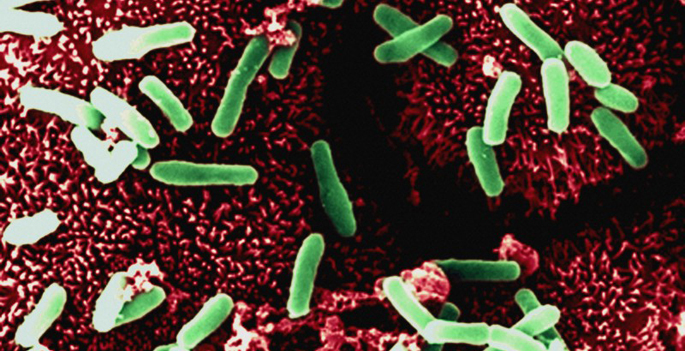
Defusing ‘C. diff’ infection
Clostridium difficile on the intestinal lining. (Wellcome Images) Clostridium difficile (“C. diff”) infection is a leading cause of hospital-associated diarrhea, and the frequency and severity of infections are on the rise. D. Borden Lacy, Ph.D., associate professor of Pathology, Microbiology and Immunology, and colleagues recently demonstrated that the C. Read MoreNov 8, 2013
-

Neurotransmitter’s role in bone balance
Removal of the neurotransmitter norepinephrine from the space outside cells plays an important role in the regulation of bone remodeling. Read MoreNov 7, 2013
-

Preserving antibiotic arsenal for TB
Clinicians should be cautious about prescribing newer fluoroquinolone antibiotics to patients with TB risk factors; doing so may jeopardize the use of these agents against TB. Read MoreOct 30, 2013
-

Magnesium impacts vitamin D status
Magnesium and vitamin D appear to work together to reduce risk of death from cardiovascular disease and colorectal cancer. Read MoreOct 14, 2013
-
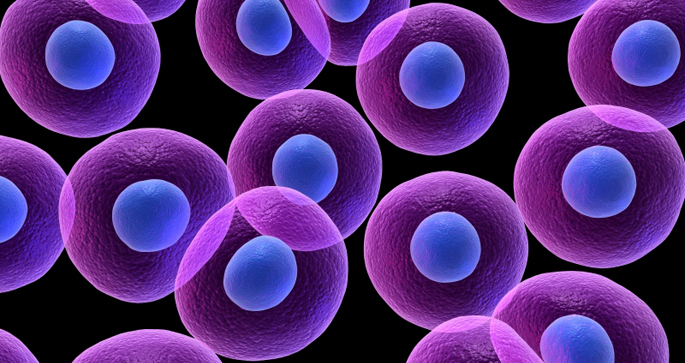
New target for stopping inflammation
Importin alpha 5, a member of a family of proteins that “shuttle” other proteins into the nucleus, is a potential new target for drugs to treat inflammatory diseases. Read MoreOct 11, 2013
-
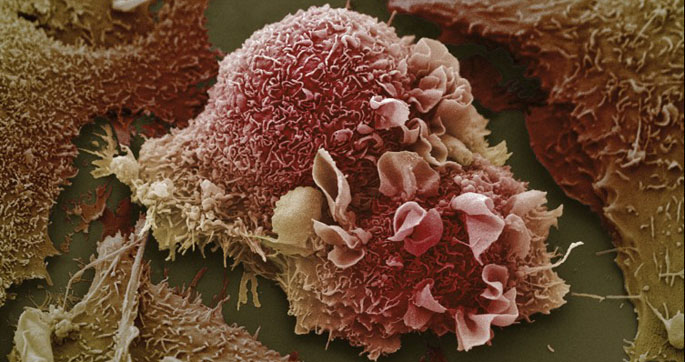
Probing mutant EGF receptor regulation
Understanding the regulation of mutant EGF receptors commonly found in lung cancers could lead to new targeted therapies. Read MoreOct 10, 2013
-

Fishing for new anti-cancer drugs
Vanderbilt investigators used an in vivo screen in zebrafish to identify a potential new anti-cancer drug. Read MoreSep 18, 2013
-

Mapping brain membrane proteins
New mass spectrometry imaging methods will enable studies of the distribution and identification of membrane proteins directly within tissues. Read MoreSep 16, 2013
-

Federal grant bolsters pulmonary fibrosis research
Lisa Young, M.D., associate professor of Pediatrics and Medicine and Cell Biology, has been awarded a five-year, $1.9 million National Institutes of Health grant to study what causes cellular dysfunction and pulmonary fibrosis in patients with Hermansky-Pudlak syndrome (HPS). Read MoreSep 12, 2013
-
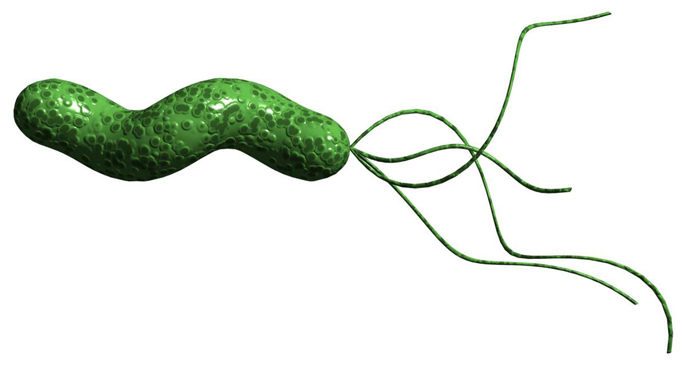
Noninvasive test detects stomach bug
A noninvasive test can be used to identify the presence of Helicobacter pylori and evaluate its virulence, which will be useful in areas with high rates of H. pylori-associated gastric cancer. Read MoreAug 12, 2013
-
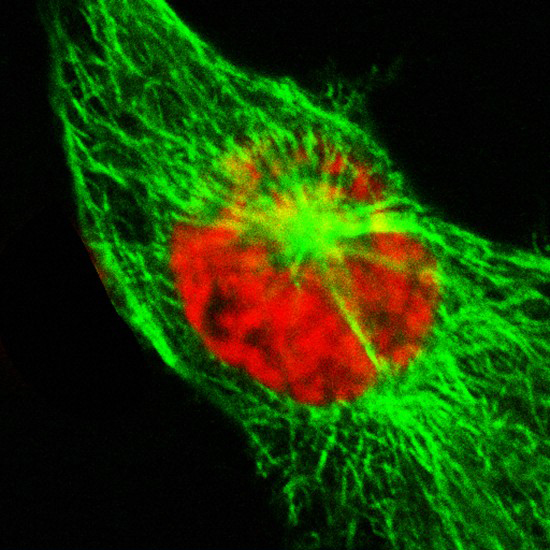
Nuclear shield against cell death
The protein SARM appears to protect cells from inflammation-driven death by stabilizing the nuclear laminin scaffold. Read MoreAug 8, 2013
-

Factor’s role in long bone development
Insight into how the protein neurofibromin participates in the signaling pathway that produces the body’s long bones has implications for fracture healing in some patients. Read MoreJul 31, 2013
-

Reducing fatal rhythms after heart attack
Reducing heart muscle response to calcium could decrease the risk of fatal arrhythmias after heart attacks. Read MoreJul 26, 2013
-

Probing roles of a cell death protein
Vanderbilt researchers have discovered new roles for a protein involved in cell death processes that are activated to prevent tumor-causing DNA mutations. Read MoreJul 17, 2013